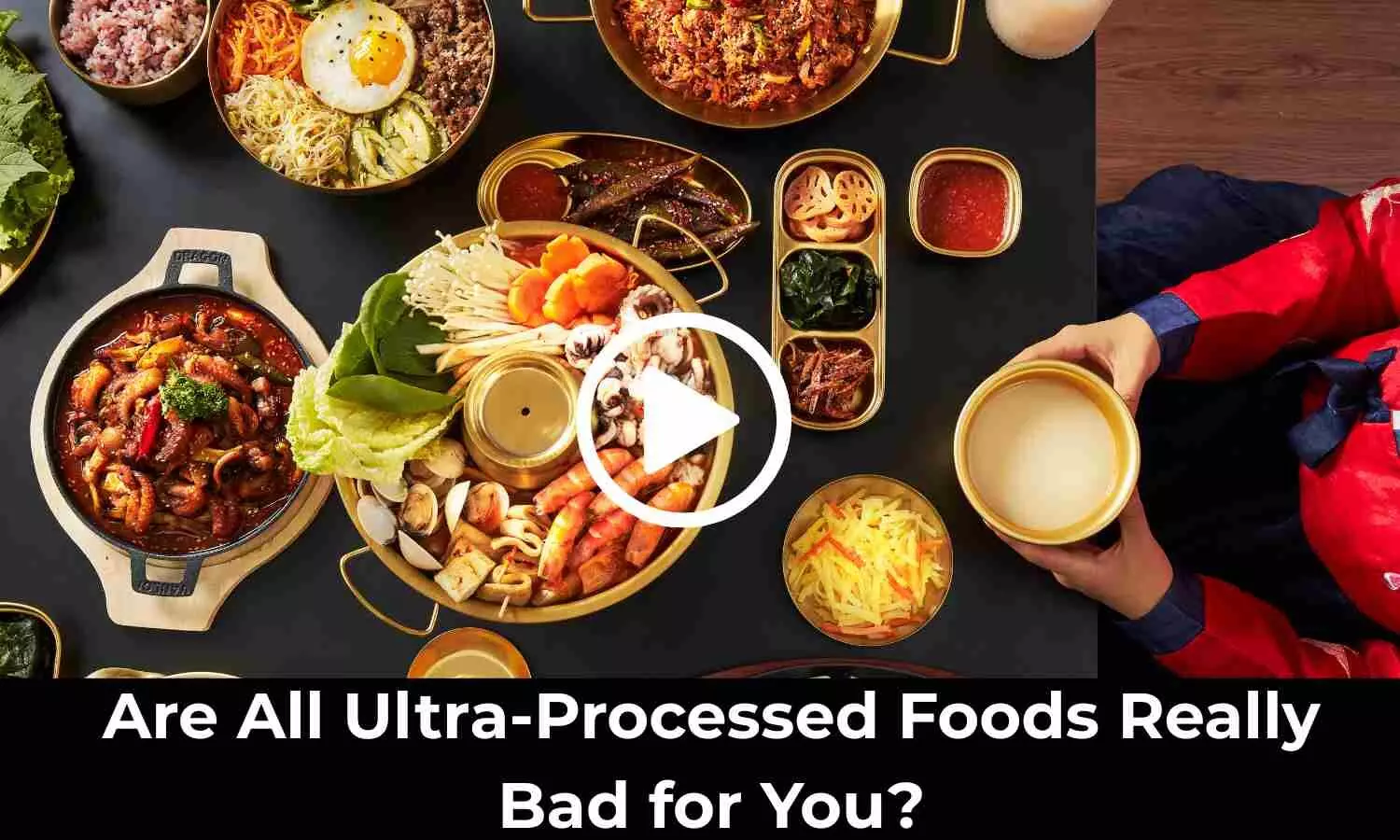Are All Ultra-Processed Foods Really Bad for You? Study Finds Out
- byDoctor News Daily Team
- 10 September, 2025
- 0 Comments
- 0 Mins

A recent study from Swinburne University, published inProceedings of the Nutrition Technology,challenges the long-standing perception that all ultra-processed foods are harmful. According to researchers, while some highly processed items like sugary snacks andsoft drinksare consistently linked to poor health outcomes, others such as wholegrain fortifiedcerealsand select dairy products may offer neutral or even beneficial effects when consumed within abalanced diet. The study, led by Associate Professor Jimmy Louie, Swinburne’s Discipline Lead of Dietetics, evaluated the nutritional impact of ultra-processed foods by placing them in the broader context of overall dietary patterns. Louie and his team focused on re-evaluating the Nova classification system, which categorizes food based on levels of processing from fresh and minimally processed to ultra-processed. Although widely used in public health discussions, Nova has drawn criticism for failing to distinguish between nutritionally poor and nutritionally sound processed foods. “Ultra-processed products often provide cost-effective sources of essential nutrients for economically disadvantaged populations and can contribute to reduced food waste through extended shelf-life capabilities,” said Louie. “Not everyone can live on only minimally processed foods. Nutritionally sound processed foods can be a healthy, practical choice.” The researchers argue for a more comprehensive approach to food classification — one that considers both processing and nutritional value. “People deserve advice that makes that distinction,” Louie emphasized. “The evidence shows we can be smarter about which processed foods we avoid and which we keep.” This new perspective underscores the need for more nuanced dietary guidelines and public health messaging that reflect the complexity of modern food systems. Reference:“Are all ultra-processed foods bad? A critical review of the NOVA classification system” by Jimmy Chun Yu Louie, 4 August 2025, Proceedings of the Nutrition Society. DOI: 10.1017/S0029665125100645
Disclaimer: This website is designed for healthcare professionals and serves solely for informational purposes.
The content provided should not be interpreted as medical advice, diagnosis, treatment recommendations, prescriptions, or endorsements of specific medical practices. It is not a replacement for professional medical consultation or the expertise of a licensed healthcare provider.
Given the ever-evolving nature of medical science, we strive to keep our information accurate and up to date. However, we do not guarantee the completeness or accuracy of the content.
If you come across any inconsistencies, please reach out to us at
admin@doctornewsdaily.com.
We do not support or endorse medical opinions, treatments, or recommendations that contradict the advice of qualified healthcare professionals.
By using this website, you agree to our
Terms of Use,
Privacy Policy, and
Advertisement Policy.
For further details, please review our
Full Disclaimer.
Recent News
NEET 2025: TN Health extends round 3 choice fillin...
- 31 October, 2025
DME Gujarat extends PG Ayurveda, Homeopathy round...
- 31 October, 2025
Decade-Long Study of PCI and CABG in Left Main Cor...
- 31 October, 2025
Daily Newsletter
Get all the top stories from Blogs to keep track.


0 Comments
Post a comment
No comments yet. Be the first to comment!